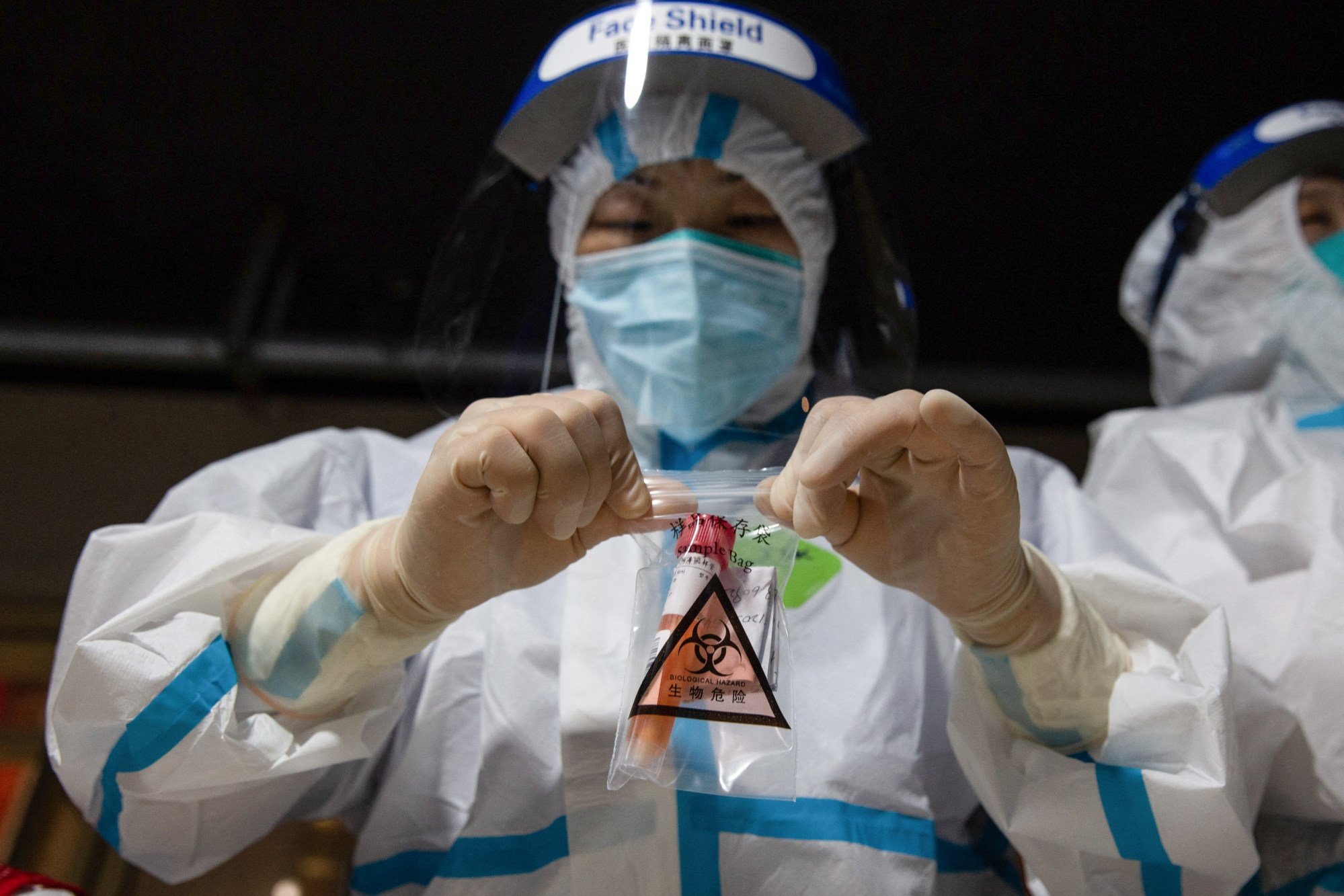
Omicron, Kraken, Eris: how Covid-19 variant naming systems have evolved along with new strains
- Naming of Covid variants and subvariants has gone from Greek letters (Alpha, Delta Omicron) to mythological creatures (Kraken) and now astronomical names
- One of the most recent subvariants bears a significant moniker: Eris, a dwarf planet but also a Greco-Roman goddess insatiable in her desire for bloodshed
We wish each other a happy new year, but we carry over our troubles from the previous. Sars-CoV-2 continues to circulate in the global population, with several new strains evolving.
To classify and name distinct lineages, scientists developed the Phylogenetic Assignment of Named Global Outbreak (Pango) lineages nomenclature, using Latin alphabet letters and numbers, with each dot representing “descendant of”.
Non-scientists, however, had been referring to variants by the country in which they were first detected: “Wuhan virus”, “UK variant”.
In May 2021, to avoid stigmatising associations and to simplify public communications, the World Health Organization introduced its Greek alphabet system, assigning Greek letters to those variants considered a significant new threat.

After Alpha, Beta, Gamma, the dominant Delta and eight other major variants thereafter, this system has become less illuminating.
The Omicron variant, named in November 2021, is still the dominant form worldwide, comprising an enormous collection of diverse lineages – some 1,700 Omicron lineages exist. All are still “Omicron”, because only Variants of Concern (VOC) are assigned a Greek letter.
Coca-Cola: how the name comes from plants providing cocaine and caffeine
Some significant non-VOCs have nonetheless been receiving unofficial names, proposed by a community of (citizen) scientists (with main spokesman, evolutionary biologist T. Ryan Gregory) who keep track of Sars-CoV-2’s evolution, and inform the public (initially via the erstwhile Twitter platform) about new variants.
Around August 2022, when the dozens of variants circulating made discussions complicated, names of Greek mythological creatures – familiar through popular culture – were adopted for clearer (and catchier) identification.
XBB.1.5’s nickname, Kraken, received particular attention, but was critiqued for excessively fearful connotations. A system using astronomical names has since been used.
As ‘Kraken’ Covid variant looms, from where did the sea beast originate?
BA.2.86 Omicron from 2023 was nicknamed Pirola, after an asteroid (also apt in alluding to Greek letters Pi and Rho). One of its most recent subvariants, JN.1 – emerging in the second half of 2023 – is spreading rapidly, accounting for most cases in a score of countries, and was recently upgraded to a Variant of Interest (VOI).
The variant it is overtaking does bear a particularly significant moniker.
EG.5, an Omicron offshoot first reported in February 2023, accounting for more than half of the Sars-CoV-2 variants in global circulation, was declared a VOI in August 2023, and dubbed Eris, after our solar system’s most massive dwarf planet.

Poignantly, Eris is the Greco-Roman goddess who calls forth war and discord, insatiable in her desire for bloodshed, delighting over the havoc created.
Wars, too, we have carried over year on year.
May 2024 see Eris in all her dimensions curbed.

